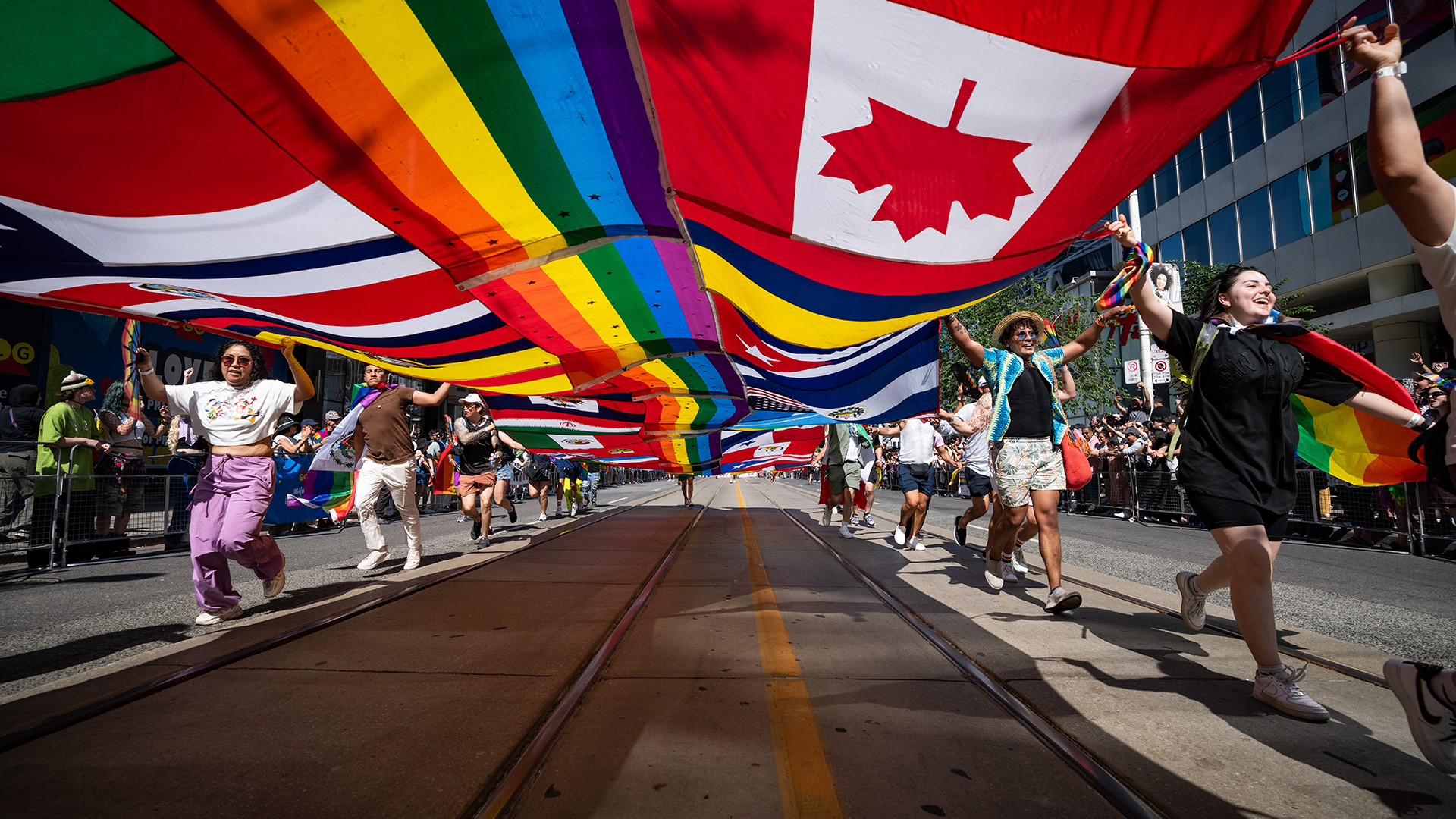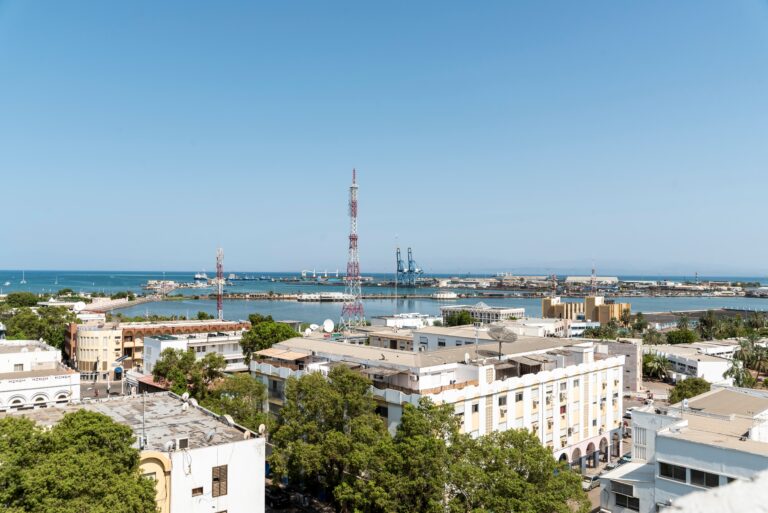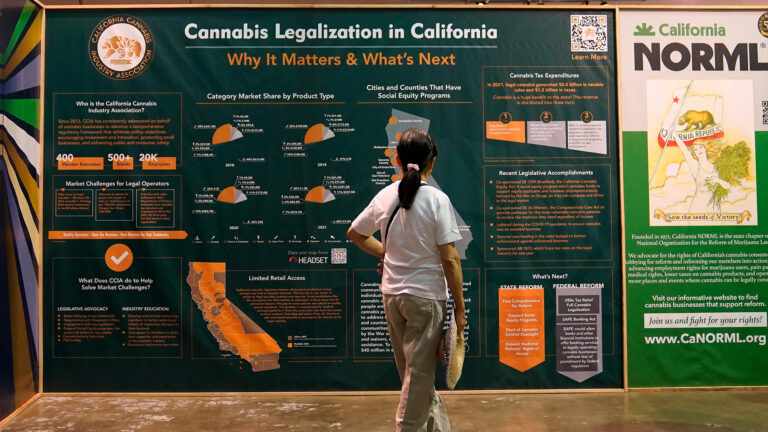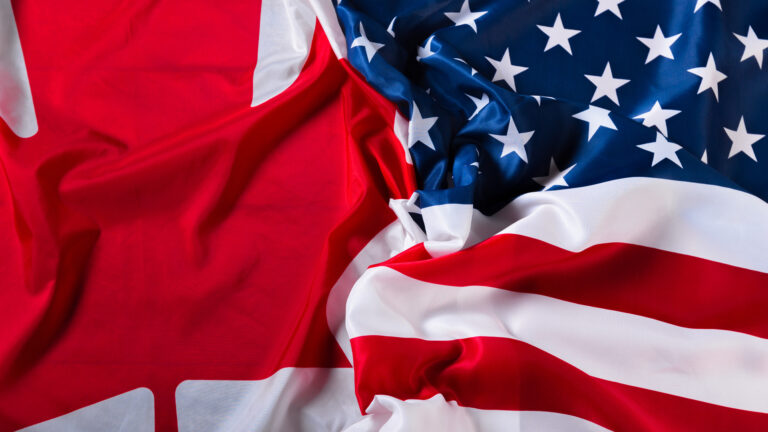Canada has been pummelled by unprecedented threats since Donald Trump’s second presidency began in January. Between trade tariffs and taunts of annexation, Washington’s rhetoric has galvanized many Canadians to respond decisively.
Much of the national conversation over the past few months has focused on how to best protect Canada’s sovereignty and economy in the face of an increasingly hostile government in the United States. Such measures are important, even required, given the speed and scale of Trump’s actions — but it isn’t the full picture.
If Canadians truly want to assert our national identity and chart a path that is fundamentally distinct from that of our neighbours to the south, we need to go beyond economic policy. For that, we must embrace what our country is renowned for across the world: our commitment to diversity, fairness and justice.
Admittedly, Canada often fails to live up to our image. The ongoing legacy of settler-colonialism and genocide against Indigenous Peoples, whose own sovereignty continues to be dismissed, reminds us how far we have yet to go to be worthy of our reputation. But that doesn’t mean we shouldn’t strive to do better.
As we celebrate Pride across the country this summer, Canada has an opportunity to recommit itself to the pursuit of social justice on the international stage. By standing strong in defence of 2S/LGBTQIA+ people — especially gender-diverse individuals — we can push back against the forces of polarization and authoritarianism that are gaining ground in the U.S. For the sake of each other, and our future, Canada must not compromise on its leadership on trans rights.
A legacy worth protecting
Although not without its shortcomings, tireless community advocacy in the past few decades has significantly improved the lives of gender-diverse Canadians. Our federal and provincial governments were among the first in the world to enshrine gender identity and expression in anti-discrimination legislation. Criminalization of conversion therapy and administrative reforms allowing changes to one’s gender marker on official documents like passports — without intrusive medical requirements — underscore Canada’s commitment to upholding the rights and dignity of gender-diverse people.
Significant gaps and regional disparities persist, particularly regarding access to gender-affirming care in rural and Indigenous communities. Alberta has gone so far as to bring in legislation denying such care for trans youth. But Canada’s stance in favour of trans rights generally remains strong, although it is increasingly under threat from far-right actors encouraged by what is going on in the U.S.
Trump’s current administration has systematically rolled back protections for trans people, who already face high rates of discrimination and violence. Directives have included:
- Banning trans people from military service.
- Restricting access to gender-affirming care within prisons.
- Prohibiting changes to gender markers on passports.
- Excluding trans athletes from sports participation.
- Cutting funding for trans-affirming health-care programs and research.
- Intimidating public institutions that stand up to his overreach.
These policies are based on deceitful and misleading narratives that paint trans people as threats to women, children and society. They have placed gender minorities in harm’s way by inflaming anti-trans sentiments domestically and intensifying divisions globally.
The alarming escalation of anti-trans policies has led gender-diverse Americans to seek safety elsewhere, notably here in Canada. Fleeing persecution that has become commonplace in their home country, many arrive through formal asylum claims. Their plight underscores the rapid deterioration of American democracy and Canada’s responsibility to remain a refuge. But the threat to human rights and policy grounded in credible, objective evidence does not come from the United States alone. Reactionary movements worldwide increasingly seize upon trans communities as convenient scapegoats and attempt to erase their existence from history.
Canada is not immune to similar threats. Census data from 2021 indicates gender-diverse people made up one in every 300 individuals living in private homes. Yet a 2023 study by the Angus Reid Institute showed that while 70 per cent of Canadians recognized that trans people face significant discrimination, 56 per cent still believed individuals should be defined as strictly male or female. This suggests that awareness is growing, but the public’s understanding of gender diversity remains limited.
Lessons for Canada from the treatment of trans communities in Scotland
This lack of awareness, coupled with shifting public opinion, allows misinformation and disinformation to flourish for sensitive issues like health care, education and sports. By trafficking in lies about trans people, populist actors who are comfortable trading truth for political expediency are actively undermining rights that took decades to achieve.
Another troubling trend is that of provincial governments — including Alberta, Saskatchewan and New Brunswick — growing more comfortable invoking the notwithstanding clause to deny Charter rights, especially regarding sexual orientation and gender identity in schools (although New Brunswick has since revised its policies). This sets a dangerous precedent that will echo well beyond trans communities and threatens the principle of judicial independence and the constitutional guarantee of human rights for everyone.
Charting a path forward
Given the current context, the federal government must act decisively to uphold the values we cherish as Canadians. Its defence of trans rights must remain steadfast and cannot be sacrificed for political gamesmanship in trade negotiations. By countering disinformation and defending evidence-based approaches to policymaking, we can protect those most vulnerable, both cis and trans. Doing so can help define our national identity all while fostering healthy political debate on sensitive topics without resorting to fearmongering.
So far, it appears our country’s leader is of a similar mind. During the spring election campaign, Mark Carney signalled an openness to using the federal government’s powers under the Canada Health Act to ensure access to gender-affirming care. He also opposed the pre-emptive use of the notwithstanding clause and defended 2S/LGBTQIA+ rights as a matter of fundamental principle.
Speaking to a crowd assembled on Parliament Hill in June for an official Pride flag-raising event, the prime minister acknowledged the backlash and violence against our communities and affirmed that his government will keep defending our rights. He also committed funding to ease the burden of rapidly increasing safety costs for Pride organizers across the country, maintaining an initiative started under his predecessor Justin Trudeau.
These actions are meaningful and important, but insufficient on their own. To meet this moment, Ottawa must heed community calls, like those from Egale Canada, to strengthen the government’s plan to combat online hate and defend 2S/LGBTQIA+ rights against inevitable political attacks.
The prime minister must continue to ensure that his words are backed up by action — not only to affirm Canada’s domestic commitments but to signal to the international community that our support for trans rights is integral to our identity.
Amid growing hostility from the U.S., Canada’s ethos of diversity, fairness and justice must shine brightly. Support for trans and gender-diverse communities isn’t merely a question of policy or a bargaining chip in trade negotiations. It’s a test of our fundamental commitment to human rights and dignity.
Finally, however important government action may be, it is ultimately only made possible through the public’s support. As Canadians, we all have a role to play in defending the progress we’ve made and resisting populist narratives that demonize vulnerable groups for short-term political gain. This Pride season the stakes are clearer than ever. Our response must be unwavering: Elbows up for trans people, too.












